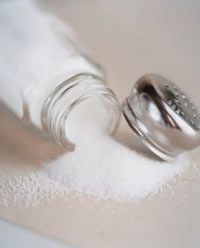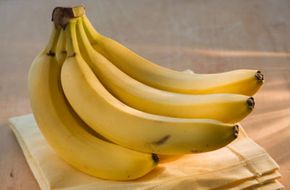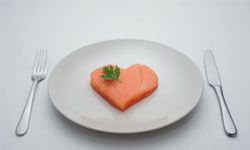Sodium is a naturally occurring mineral that is essential to life. It helps regulate the fluid balance of cells and plasma by soaking up water to keep fluid in our blood and body tissues. It's important to have a proper balance of sodium in our diets. Not enough sodium can result in the body's cells being unable to retain enough water and can lead to dehydration. On the other hand, too much sodium may result in shortness of breath or edema (swelling) and contribute to hypertension (high blood pressure).
Cutting down on the amount of sodium, or salt (which is 40 percent sodium), in the food we eat can be very helpful in reducing the buildup of excess fluid in our bodies. When excess fluid in our tissues is reduced, the amount of blood our heart has to pump is also reduced.
Advertisement
The most significant effect that excess sodium has on the heart is hypertension. Too much sodium can lead to water retention in the blood. Healthy kidneys are able to eliminate this excess water from the blood. But kidneys that aren't working well can have trouble eliminating the excess fluid. This increases the volume of blood being pumped through the blood vessels and can lead to high blood pressure.
Pumping a larger volume of blood through the body puts an additional burden on the heart, which may become dilated or enlarged. The extra volume of fluid may also leave the bloodstream and enter body tissues, causing edema in the parts of the body where it builds up.
People with certain health conditions should be particularly concerned about consuming too much sodium. If a person already has high blood pressure, kidney function may slow down and excess salt and fluid will collect in the body, adding to the hypertension problem. Hypertension is a risk factor for heart attacks, kidney disease and strokes. A diet too high in sodium can place overweight people at greater risk of heart disease or stroke.
On the next page, we'll look at more reasons to limit your sodium intake.
Advertisement




